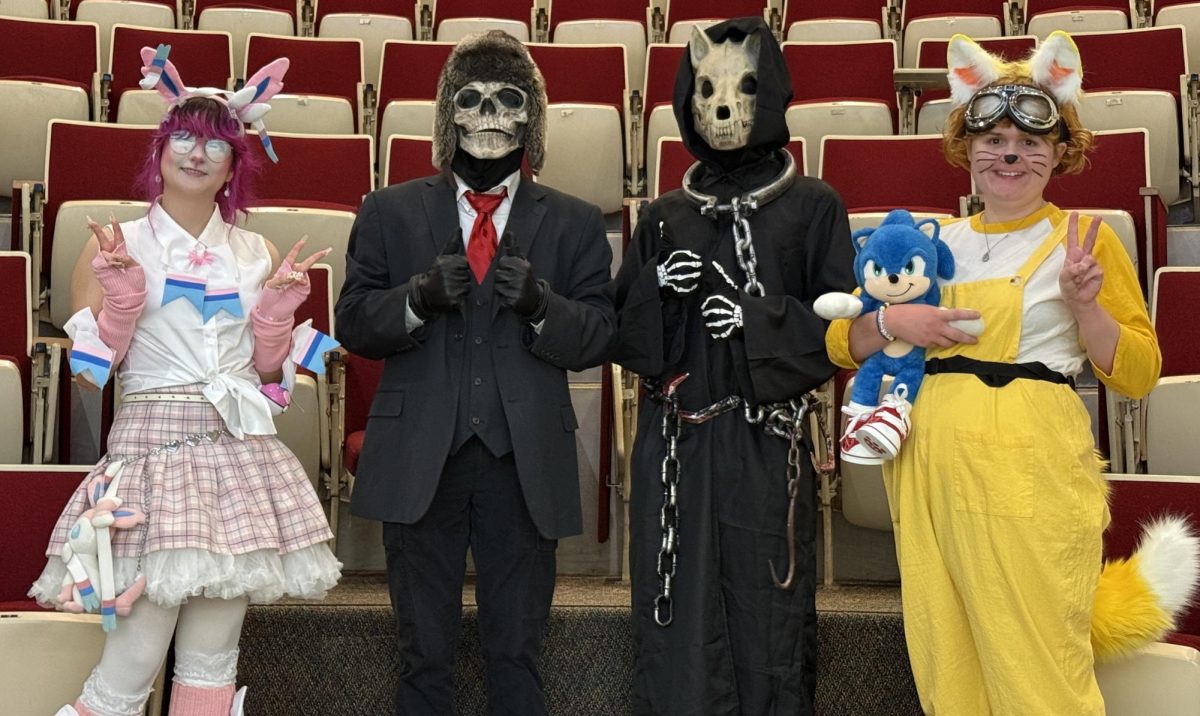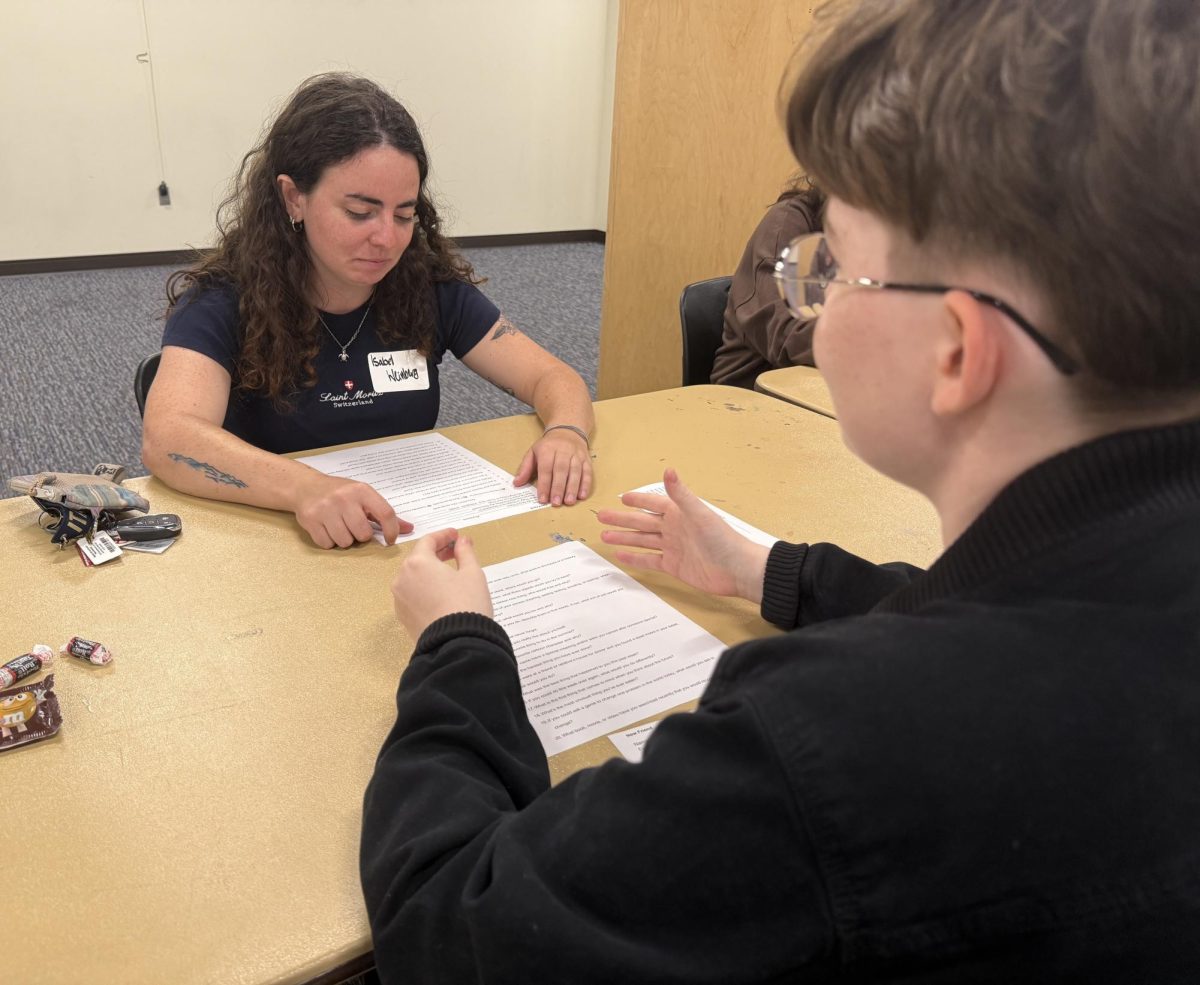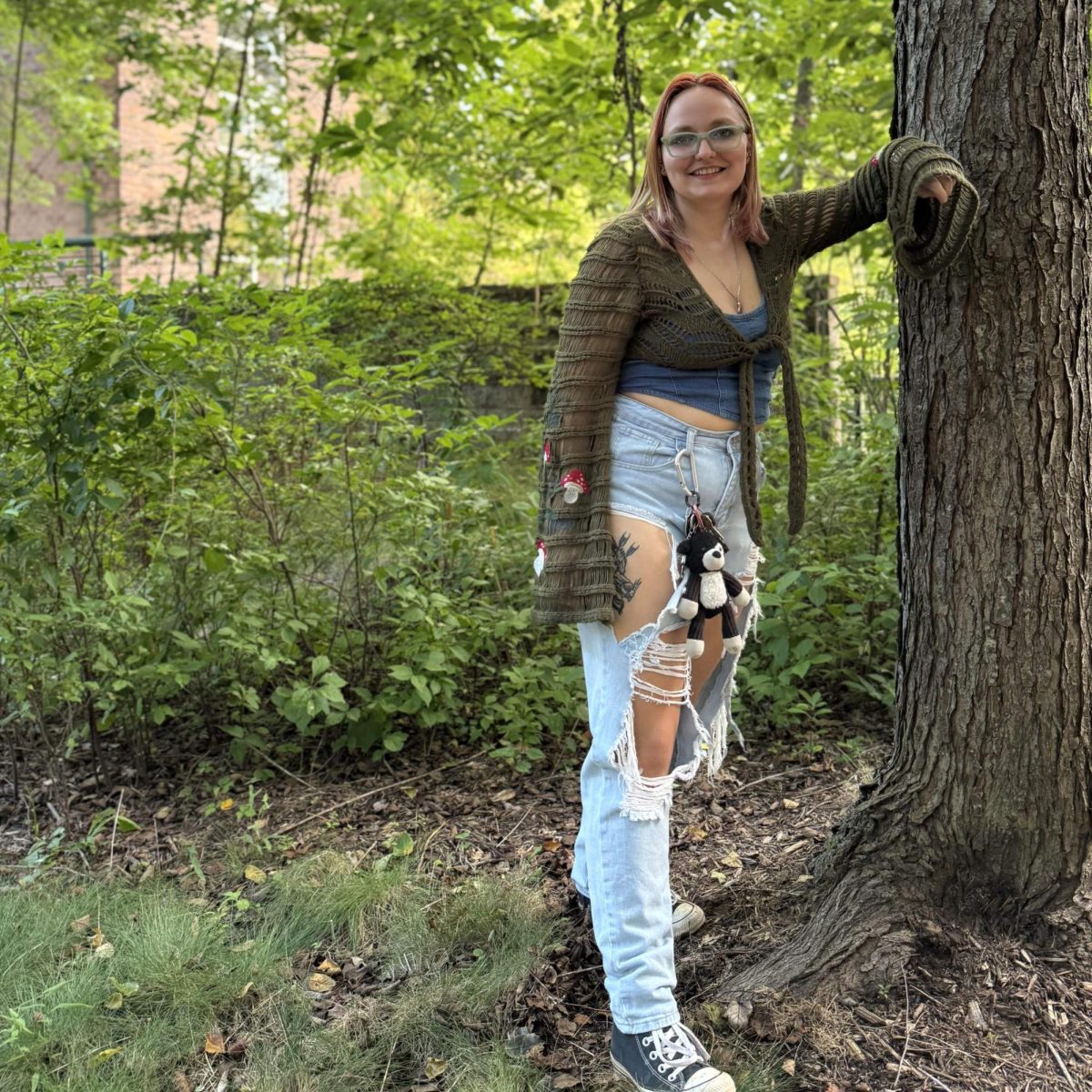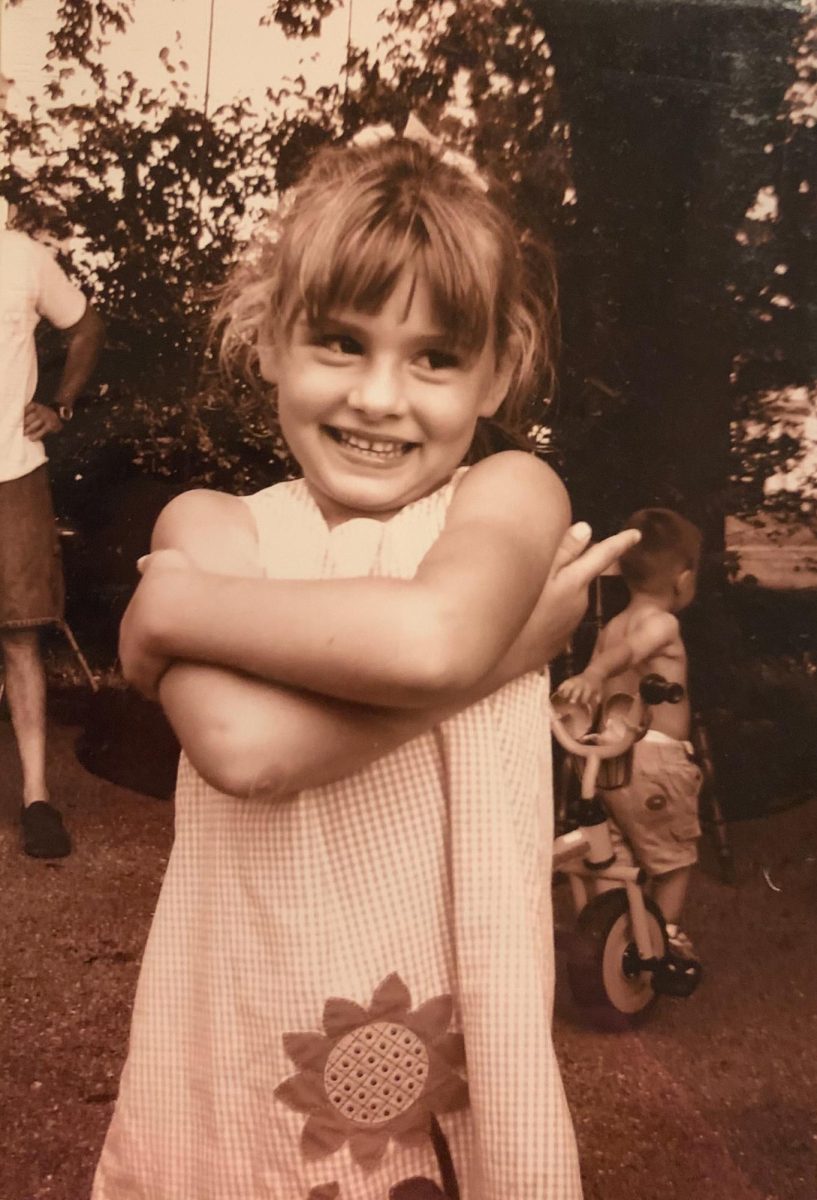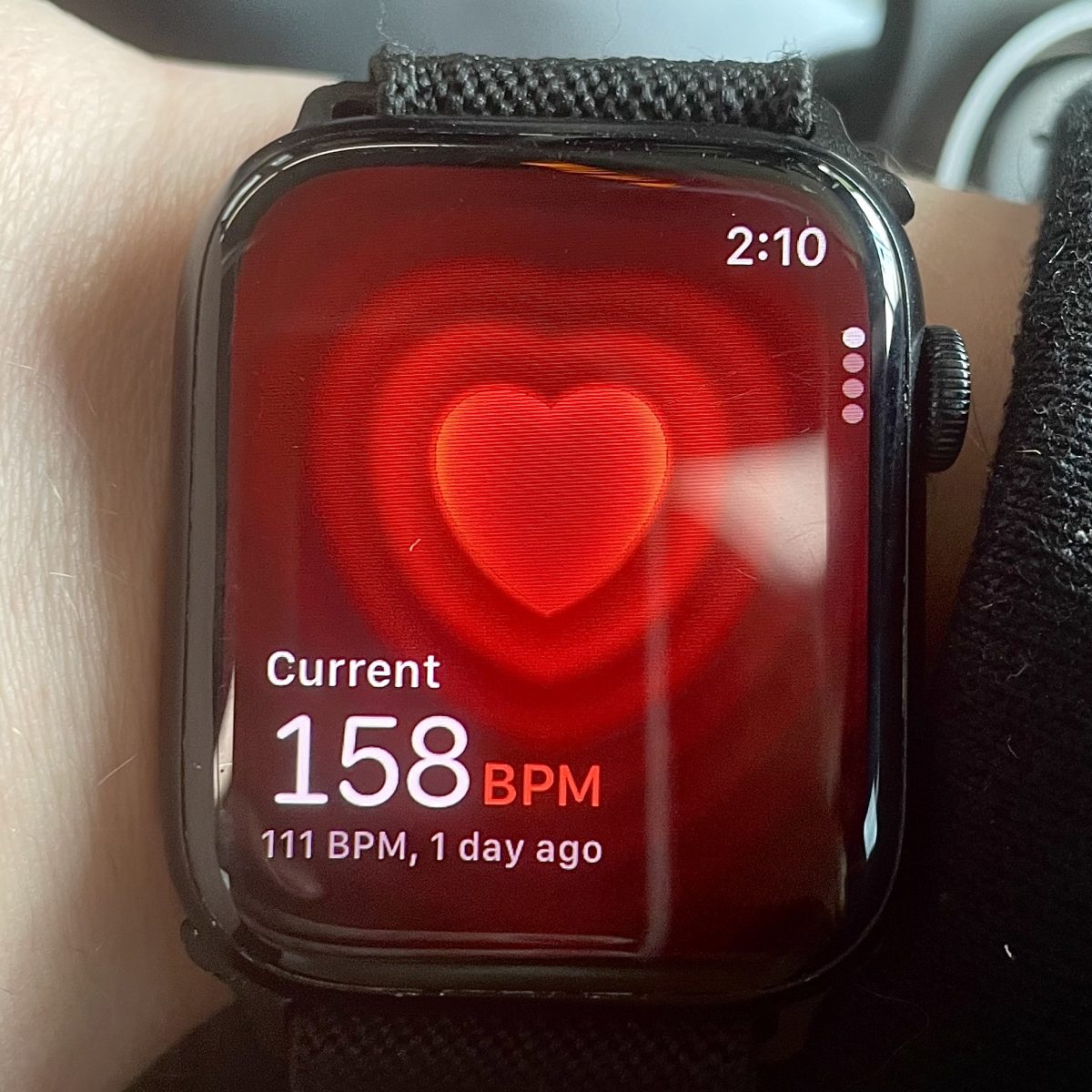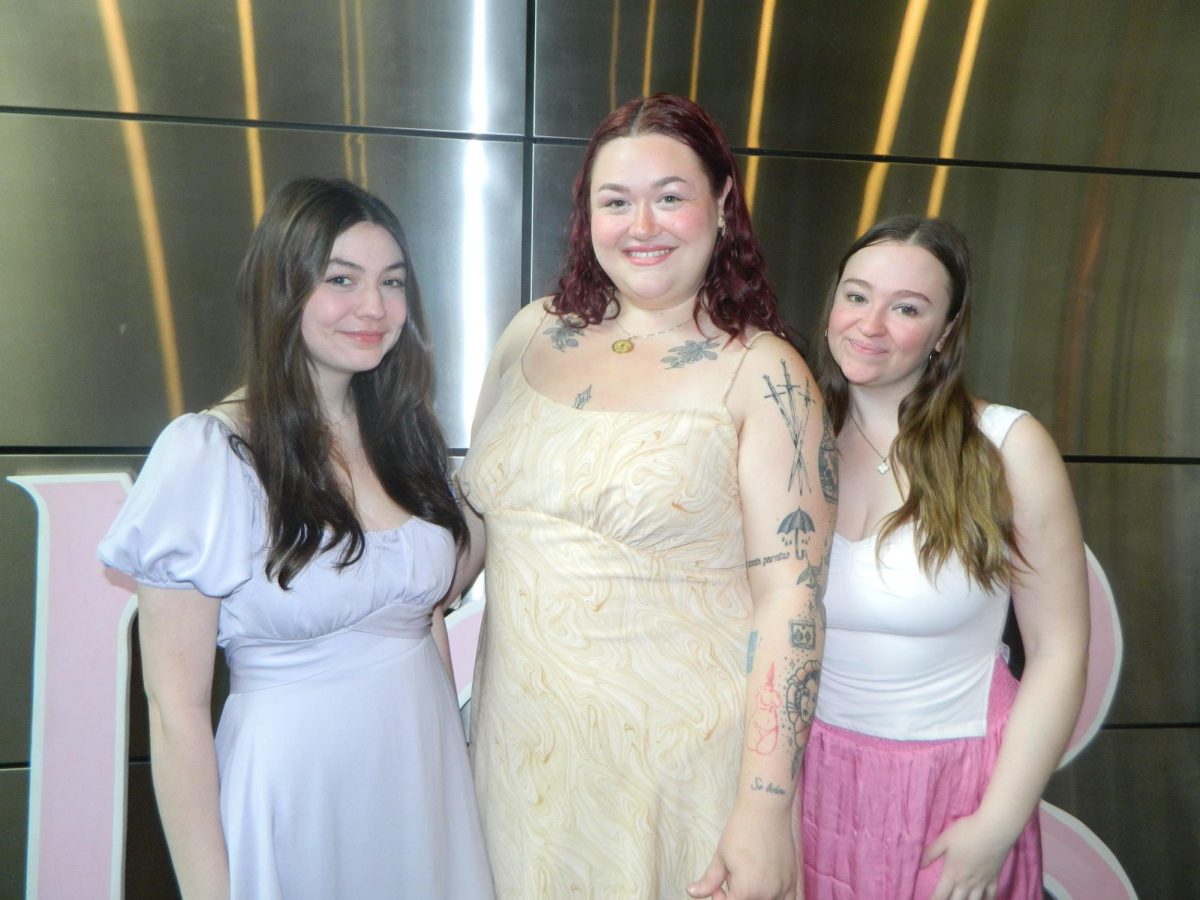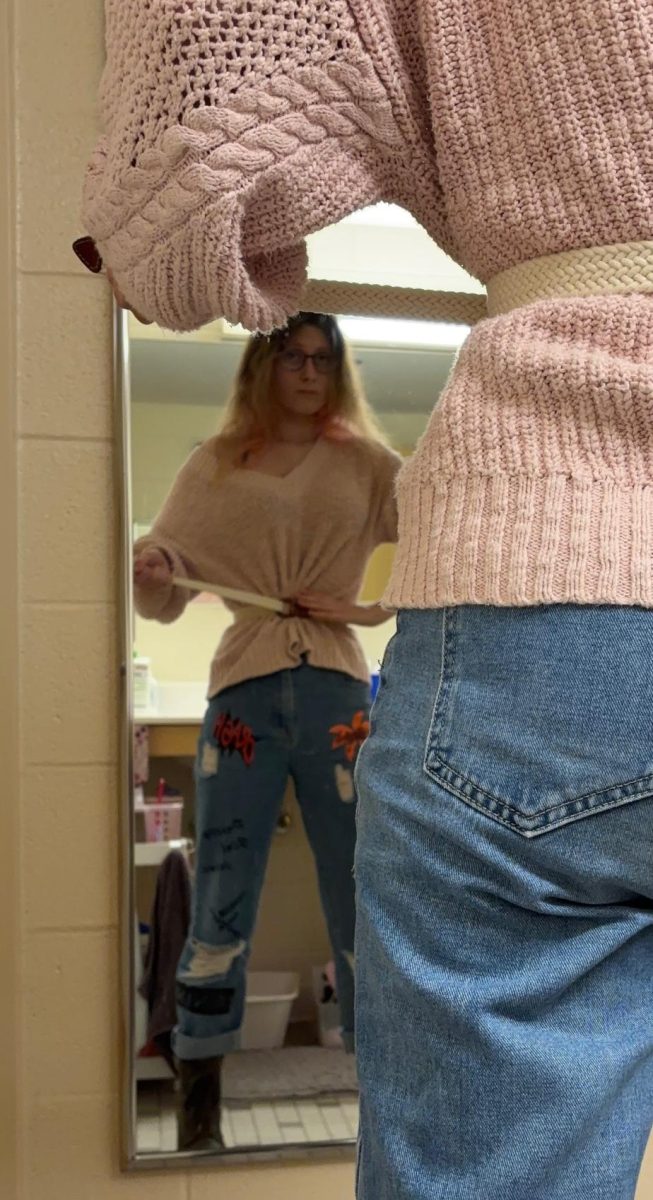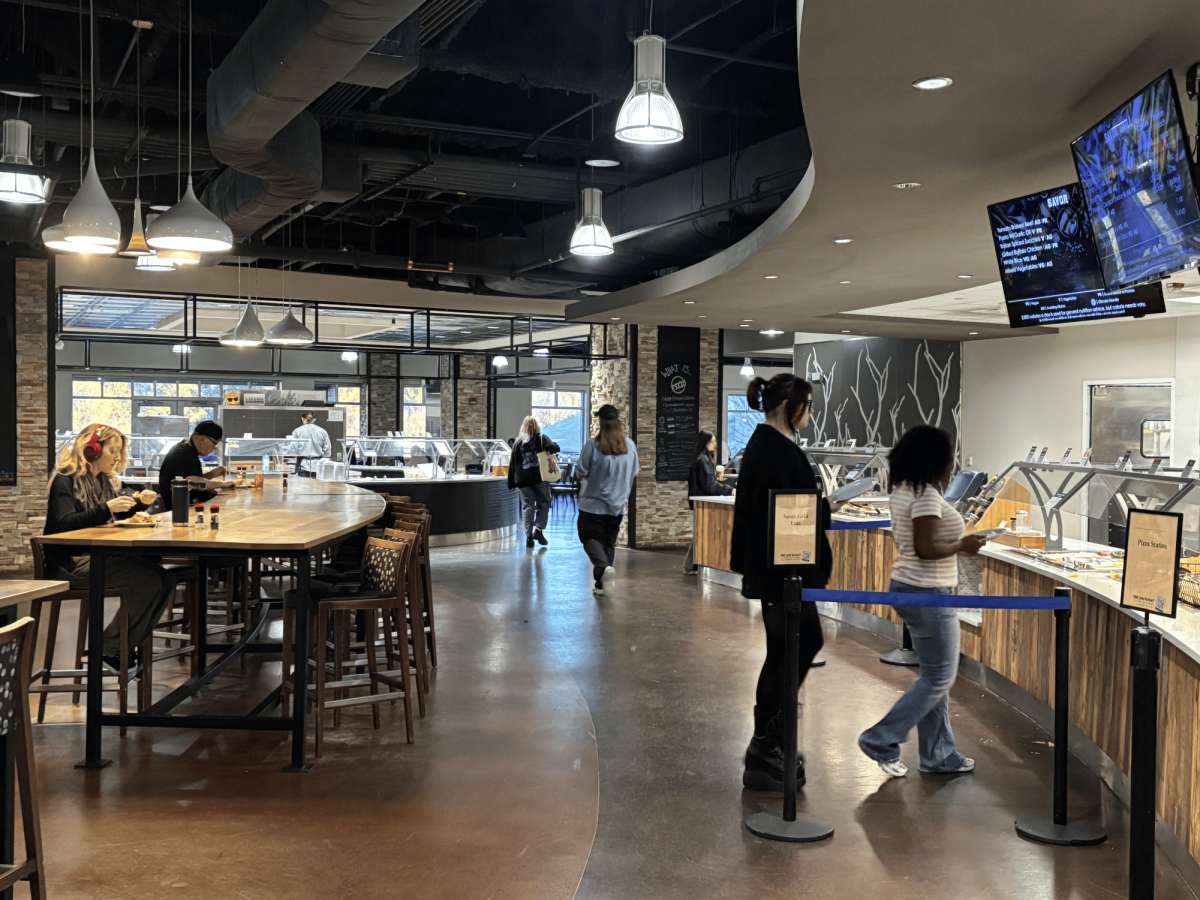It’s on posters in guidance counselor’s offices, stitched into the fabric of decorative pillows and printed in looping cursive on faux-rustic wooden signs that hang in coffee shops. They’re selling hope, neatly packaged for mass distribution.
“Do what your heart loves and the money will flow.”
The voice in my head would laugh at that. A thin, sharp sound, cutting through the heavy air like a snapped guitar string. It’s not just a voice, it’s a fragment of my psyche wired for chaos, the unhinged uncle in the corner of my mind. The one who chain-smokes through existential spirals and laughs too hard at his own dark jokes.
He’s always there, tucked in the back of my mind like a splinter, fraying the edges of my thoughts. I see him now, slouched in a rusted lawn chair, cigarette tipping dangerously between two yellowed fingers. His eyes, too bright and too knowing, flicker beneath the glow of a dying porch light.
“The same people who tell you to ‘follow your passion’ are the ones who built a world where passion costs more than it earns.”
Smoke snakes through the air, unraveling into silence. The cigarette’s cherry glow softens. His laugh dissolves, leaving an empty stillness hanging in the air.
“You don’t have to listen to that,” another voice, calmer and steadier slips in. It’s a lingering echo of my mother’s practicality. Its presence is always there, a quiet hum beneath the noise.
“Following your passion isn’t about the money,” she’d have said, her voice low and sure. “It’s about knowing what you want and then learning how to hold your ground.”
In a world where passion often costs more than it earns, young people navigate a system that promises success but delivers uncertainty. Despite the cultural mantra to “follow your passion,” many students and graduates find themselves trapped between the pressure to succeed and the harsh reality of debt, unstable job markets and limited opportunities.
Dylan, Mary, Charlie and Patty struggle with the pursuit of stability often overshadowed by systemic barriers, the rising cost of education, a dwindling creative landscape and corporate structures that reward survival over fulfillment. Yet, beneath the weight of these pressures, there’s a quiet undercurrent of resilience, a belief that purpose can be found in chasing the system’s definition of success, but in redefining it on their own terms.
* * *
Dylan Smith, 21, accounting major, full-time UNCA student, shifts in his seat, rubbing a hand over his long, unkempt beard, the kind that looks like it’s been through exams, late-night shifts and a few existential crises. His tie-dye sweatshirt, worn and wrinkled, clings to him like an old habit, the comfort of something familiar and overused. Beside him, a half-empty gas station coffee grows colder by the minute. His fingers tap rhythmically on the table, a subconscious tell of the restless energy of thoughts moving faster than he can process them.
“I guess I could’ve skipped college,” he says, stretching out his legs and rolling his shoulders like someone who’s spent too much time hunched over a laptop.
His gaze drifts toward the window, watching students shuffle past, their faces drawn in varying degrees of exhaustion.
“But what else was I supposed to do?”
“The system’s rigged,” the voice inside me laughed, dry and humorless.
“You’re seeing the code now, kid. Doesn’t matter if you see it. Still gotta play the game.”
Dylan had options, technically. But they all led to the same place. The same system. A world where skipping college meant clawing for a job that paid just enough to make him wish he’d gotten a degree. A world where going meant mortgaging his future on a bet that his education would be worth it. That the numbers would work out.
My inner hopeful voice follows, quiet and even.
“Sure. But once you see the code, you stop letting it define you.”
Now, midway through, the weight of it is undeniable. Dylan’s in deep. Too deep to turn back. He rubs his temple, a slow, absent-minded motion, as if he’s trying to smooth out the thoughts pressing against his skull. The fluorescent lights above cast a pale glow over his skin, making the dark circles under his eyes stand out.
“I feel like I can’t step back now,” he says. “I have to believe it’s worth it. I have to.”
“Figure out how to make it count,” I coughed out, my smile thin.
* * *
Students drift across campus like ghosts. They are present, but not fully here. Their minds orbit tuition payments, meal plans, side jobs, future salaries and the looming specter of their loan balances. They mention it in fragments – a passing comment, a tired sigh between sips of overpriced coffee. Some wear headphones, lost in playlists that drown out the hum of stress. Others walk in clusters, but the conversations never stray far from deadlines, side gigs and whether they can afford to go out this weekend.
Always in motion, they shuffle from one obligation to the next, balancing schedules, assignments and part-time jobs that barely cover their rent. The air buzzes with the white noise of a generation caught in the gears of a machine too large to dismantle. Professors drone on about economic trends that no longer apply to a world where starting salaries barely cover student loan interest. Flyers for career fairs plaster windows, promising opportunities that feel just out of reach.
* * *
Mary Frank, 27, film major, part-time barista and a full-time realist leans against the counter at work, hands wrapped around a chipped mug of tea, the steam curling up like a question mark. The smell of espresso clings to her clothes, mingling with the faint scent of vanilla from the syrup station.
Wide shot.
A customer fumbles for their wallet. Coins clink across the counter.
Jump cut – hand sweeping into frame.
Cut to a close-up.
Coins hit the floor. Slow motion.
“I know people look at my degree and think, ‘Well, that’s a waste,’” she says, rolling her eyes. “But I can’t just make myself be passionate about business or STEM.”
She steps toward the espresso machine, adjusting the settings with the precision of a cinematographer fine-tuning a lens. Her hands work fluidly, muscle memory from hundreds of shifts. Steam hisses as the machine comes to life.
Overhead shot, Foam swirls beneath the nozzle. Soft focus. Pull back.
The hiss of steam cuts. The sound warps, distorts.
Smash cut – the manic voice bleeding through the frame.
“They cut the arts because creativity makes people dangerous.”
It’s a thought I’ve had before, the quiet edge of cynicism curling around the edges of my mind. Because once you start imagining other ways to live, the whole machine starts to wobble.
Insert shot — cigarette tip flaring red.
The arts are dying slow deaths, one program at a time, sacrificed on the altar of “market viability.”
She knows the math. She knows the system isn’t built for people who see the world in shadows and soft focus.
She finishes the drink and slides it across the counter. Her eyes linger on the foam swirling at the top. The creamy white spiraling into deep pools of brown.
“Cut to black.”
She shrugs, a slow, resigned motion, her fingers tapping against the mug.
“Hold for two beats.”
“I’m just trying to make the debt worth it.”
“Yes,” My voice chimed in like the sound of rain against glass.
“And that’s why you have to keep creating.”
* * *
“That’s the phrase that comes up again and again,”
I can see it.
Me, perched on the hood of an old Chevy. Cigarette burning down to the filter. My knees bouncing like they were wired to a circuit board, fingers drummed on the truck’s rusted frame. Quick, uneven taps, like my thoughts were moving too fast for my body to keep up. The sharp scent of oil and smoke choked the garage air.
“Make it worth it.”
The words leave my mouth dry and coughing for air. I take another puff.
The garage light buzzed faintly, flickering against the hollow planes of my face. My eyes, sharp and glassy, cut through the haze like headlights. Pupils blown wide like I hadn’t slept in days.
“As if it’s on you to justify it.” My voice is low and bitter.
“As if you’re the one who needs to bend – to rationalize an entire system designed to profit off your dreams or doubts.”
I flicked the cigarette toward the concrete floor. It bounced once, scattering sparks. I don’t flinch.
“College doesn’t happen in a vacuum.” My voice flattened. My knee stills.
“The buildings, the lecture halls, the libraries, they didn’t just appear.” My hand sliced through the air, sharp and restless. “Someone built them. Someone who thought they were contributing to something real. Progress. Opportunity. The future.”
I laugh, more air than sound.
“And yet…” My lips curl toward something that isn’t a smile. “We keep handing over the keys to a system that feeds off our labor and calls it opportunity.”
I rub my thumb against my index finger, fast and rhythmic. Tap, tap, tap. My knee starts bouncing again. The light from the bare garage bulb flickered. My face sharpens in the shadows.
“It’s a simulation. Concrete. Sterile. Designed to keep you moving – in the loop, in the cycle. If you stare long enough at the walls, you start to see it – the glitch.”
I lean in closer, breath sharp with menthol and stale beer. My voice drops lower.
“That’s your brain recognizing the code.”
My smile sharpens at the edges.
“This isn’t real.”
I sit back. The old Chevy’s hood groaned under my weight. My teeth flash thin and dangerous.
“A world where passion costs more than it earns.”
Dylan feels it sometimes, walking across campus, his boots scuffing against pavement worn smooth by thousands of students before him. The sense that this has all been done before. That he’s playing a part in a script written decades ago.
He can’t help but wonder, if a tree falls in a forest and no one hears it, did it really fall? If he drowns in debt and no one notices, did he ever really have a chance?
* * *
Out in the real world, the one with rent and bills and car payments, graduates are already learning the answer.
Charlie Mckenzie, 26, took out the loans, earned the degree and now works at a mega-corporation that owns everything and nothing at once. Some faceless conglomerate with a sanitized mission statement and a monopoly on daily essentials. He doesn’t hate it. He doesn’t love it. It’s just what it is. A paycheck. A necessity. A place to clock in and out of.
His desk is sparse, save for a company-issued laptop, a standard-issue coffee mug and a sticky note reminding him of a meeting he doesn’t really care about. He runs a hand over his face, sighing, before absently clicking his pen against the desk.
“I thought I’d feel more. I don’t know. Accomplished?” he says, the industrial flooring blurs beneath his gaze.
“I worked so hard to get here. To get the job. To get the salary. And now I just. I don’t know, exist.”
Charlie slumps in his chair, his tie slightly loosened, the top button of his shirt undone like a quiet rebellion against the corporate uniform. His hair, once neatly combed, now carries the weight of restless fingers running through it one too many times. There’s a dull flicker in his eyes, the kind that comes from staring at spreadsheets for hours, parsing numbers that don’t mean anything beyond keeping the machine running. He presses his temples, slow and deliberate, as if he could squeeze clarity from his own mind.
He exhales sharply, fingers tapping against the armrest of his chair.
“How do I even begin to picture that?”
His voice carries the exhaustion of someone who’s spent too long staring at doors that won’t open.
“Every decision feels like a bet I can’t afford to lose. Like I’m supposed to already have the answer, but all I’ve got are more questions.”
* * *
Charlie is one of many who wants to leave behind something that matters. But the vision remains elusive, buried beneath the weight of obligation.
He’s too fixated on the how – the logistics, the plan, the acceptable path, the step-by-step blueprint of making something meaningful. But the world doesn’t hand out instructions for purpose. And yet, he keeps looking for them, searching for a way forward that won’t feel like stepping off a ledge.
He makes enough to pay his loans. Barely. But that’s the thing.
The cigarette flares with a quiet hiss. I inhale, slow and controlled, the smoke cutting sharp down my throat.
“The system isn’t designed to let people win.”
The thought unspools lazily in my head, dark and cold.
“It’s designed to keep them running. Keep them chasing. Keep them believing that the next promotion, the next degree, the next career move will be the thing that finally tips the scales.”
Charlie’s paycheck is just enough to make him feel like he’s living. Like he made the right choice. But in reality, it’s a treadmill disguised as a career ladder. He grinds. He clocks in. He does the grunt work while the big dogs collect the dividends.
“That’s the trap, kid” My inner voice, cold and cynical, pulses beneath the hum of fluorescent lights.
“That sense of obligation. That quiet, invisible pressure shaping every damn choice. They make you think survival comes first and fulfillment has to wait until you’ve earned it.”
A thin smile.
“And yet…
We keep handing over the keys to a system that feeds off our labor and calls it opportunity.”
Charlie sighs, and leans back in his chair, staring at the ceiling like it might offer him a better answer. The pen in his hand stops tapping. The office hums around him, muffled chatter, the quiet rhythm of keys clicking in the next cubicle over and the muted buzz of his inbox filling with emails.
* * *
Patty Tiska, 61, knows the grind.
She’s been at it long enough to know that stability isn’t something you find. It’s something you chase. A former teacher, she’s currently piecing together a living in Greensboro, North Carolina, splitting her time between substitute teaching at a middle school and tutoring at a community college. Combined, it’s about 27 hours a week. Enough to keep the lights on. Not enough to breathe easily.
That’s the thing about Patty, she’s not chasing a paycheck. She’s chasing purpose.
Two years ago, she retired early from teaching after her workplace turned toxic, the kind of soul-sucking, moral-destroying environment that makes you count down the hours until quitting time before your first cup of coffee. When a federal government grant dried up and her teaching job at a charter school vanished, Patty found herself scrambling to stay afloat. Now, she’s eyeing a new opportunity with Intervene, a program supporting ESL students at UNC Greensboro. But the job comes with strings. Time. Commitment. Energy. It’s a job that would pay her bills but steal her mornings. The ones she spends teaching middle schoolers, the one thing that brings her joy.
“I’ve been so happy with these two jobs,” Patty says, almost convincing herself. “Yeah, I’m poor, but I’ve been happy.”
That’s the balancing act Patty’s stuck in – trading happiness for survival. Her mortgage isn’t going to pay itself. Social Security? Two years away. The system is tightening its grip. Patty’s already dipped into her retirement fund just to keep her long-term home insurance paid – $3,000 to cover what used to be $1,400.
“It’s like the system just keeps moving the goalposts,” she says.
Patty’s not naive about the game. She’s seen it play out too many times. The education pipeline, the corporate ladder – the illusion that stability comes from playing by the rules. She watched friends land cushy gigs with benefits. She’s seen others sink under the weight of student loan debt and broken promises and yet, Patty still dreams.
She wants to start her own business, something creative, something that feels like her. But she knows the system wasn’t built to make that easy. Work until you’re 67. Collect your pension (if there’s anything left). Then maybe you can afford to chase happiness.
Patty’s confident in her ability to navigate a broken system, she still believes in education.
“Education is everything,” Patty says, without hesitation. “It gives you confidence. It broadens your perspective. It teaches you how to think critically, how to advocate for yourself.”
Despite the burnout, the financial instability, she’s not ready to let go of her faith in education, not the system, but the transformative power of learning. Patty knows stability isn’t guaranteed.
But knowledge?
That’s forever.














